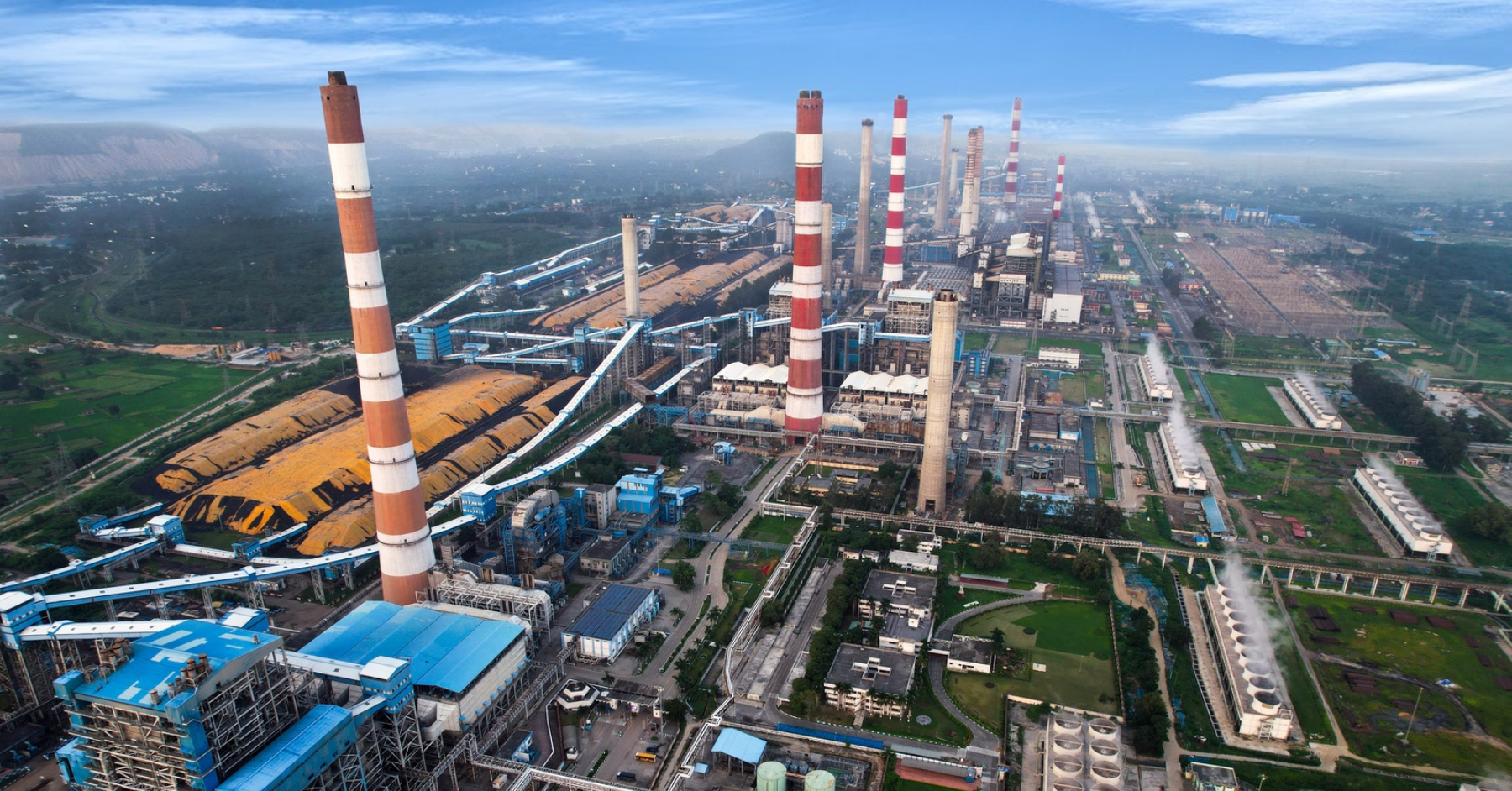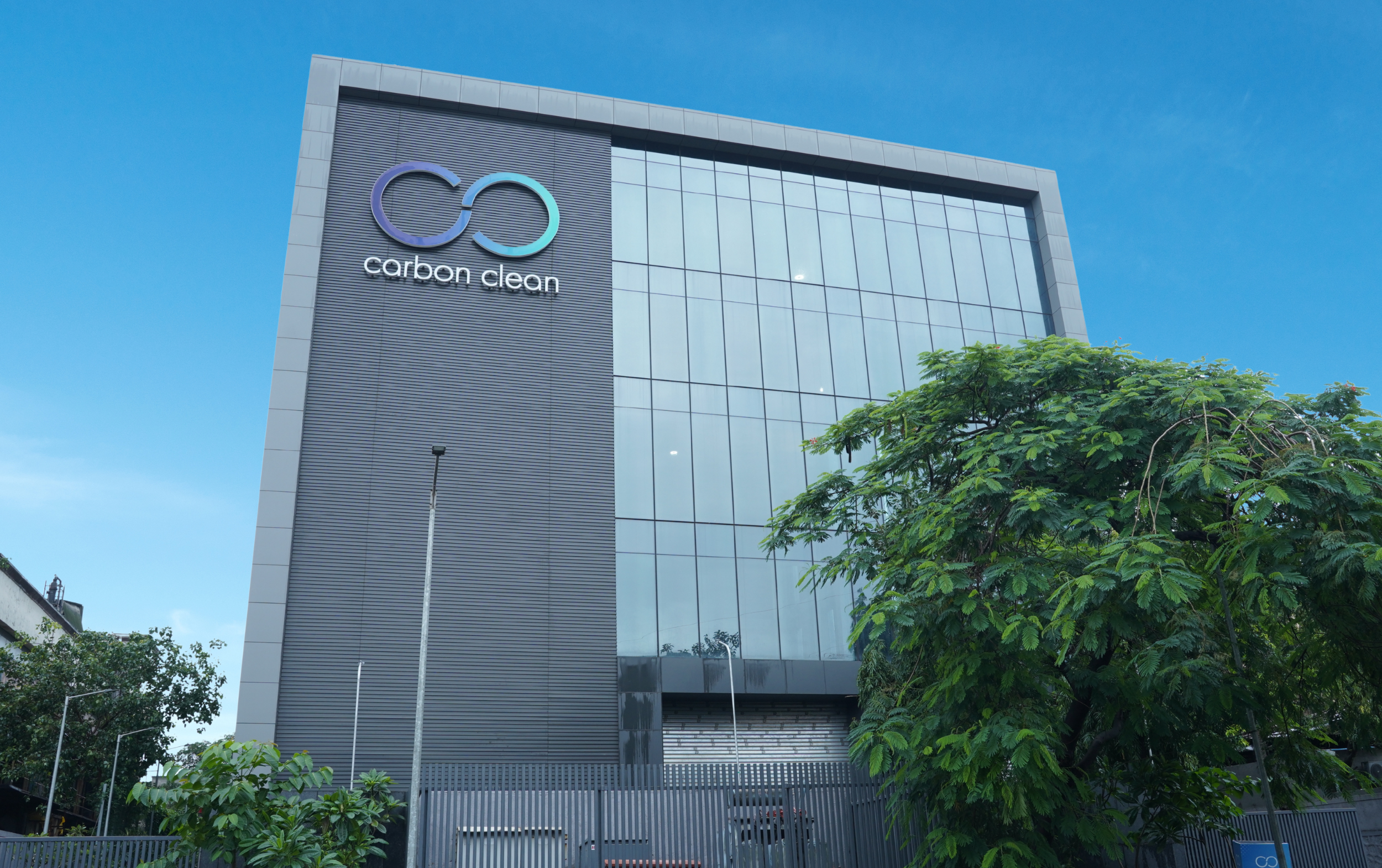by Anna Hirtenstein, Bloomberg News
The Mumbai-based, privately-held company plans to announce its first commercial-scale project in two to three months, partnering with a power plant in Asia. It has previously set up demonstration projects in five countries, including one with Statoil ASA in Norway. CCS received $9.5 million of funding from the U.K. government and the U.S. Department Energy for research and development and is currently financed by private equity investors.
Market drivers like consumer demand pushing the uptake of carbon capture would be more beneficial to driving the technology than government policy such as a tax on emissions, Aniruddha Sharma, chief executive officer of CCS, told Bloomberg News in an interview. The company sees chemicals, fertiliser, enhanced oil recovery and building materials as key markets for captured carbon utilisation.
Q: What's the upside in adding a carbon capture device on top of a generation project?
A: A technology like ours on a life-cycle cost basis doesn't add cost to the plant. It actually makes the whole operation more profitable. Our company can deliver a solution to a power plant, chemical plant or a steel plant that captures the CO2, reduces the emissions, produces a product and helps mitigate the carbon emissions profitably. We don't even count a carbon credit in our revenue model, that's just the icing on the cake.
Q: What are some applications for captured CO2?
A: Most of the applications that we work on depend on the customer base. Our major focus area is chemicals, plastics and building materials. If you look at the amount of CO2 that's able to be used, it's huge. We're working with clients to help them capture CO2 for a baking soda plant, that's a low hanging fruit. Another is urea and fertiliser. A U.S. company is working on converting CO2 into ethanol and another is working on converting it to formic acid and acetate. We're also currently in discussions with a cement company to reduce their CO2 emissions. We've looked at converting CO2 to cement and using it in cement products. I've seen a report by a consultancy that said that the market for carbon is over $1 trillion in size. It says there are over 25 products that can be produced by CO2 economically and that are profitable in today's scenario with no carbon tax.
Q: Is the CO2 permanently stored when it is captured and put to use?
A: It depends what you're doing with it. If you are producing urea, a part of it will go back into the atmosphere. If you are using it for fizzy drinks, all of it will go back. But if you are producing something like plastics and polymers, you are sequestering it for maybe 1,000 years.
Q: What needs to happen for large scale adoption of carbon capture?
A: There's a need for the right market drivers. The technology's there, we have demonstrated in five countries. One of the best case studies is organic food, such as normal milk versus organic milk, which is 40 to 60 percent more expensive. We need a similar type of mechanism. Let's say you go out to buy an iPhone and you can choose between one that produced a certain amount of CO2 and one that's carbon free or is made up of recycled CO2. Once that happens, we'll see a lot more carbon capture.
Q: What's next for your company?
A: What's next is growth and scale up. After completing a demonstration project with Statoil in Mongstad in Norway, we began work with a customer early this year. In the next two to three months, the objective is to commission the first commercial-scale capture-and-use plant fitted on top of a power plant in Asia. It'll be converted into chemicals for consumption in the local area. We have a non-disclosure, but it is in a geography where there is no subsidy, carbon tax or incentive system. We'll be showing that it's profitable and sustainable.
Q: How will China's carbon market implementation affect your business?
A: It will have a positive impact. At the moment there is a discussion of implementation on the ground of a carbon market. The emitters would be forced to rethink their strategy for CO2 emissions. Even with a carbon price of $15 to $20, all they would have to do is reuse or convert the CO2 into a product that gives value added at a price higher than $20 or $25. If they do that, the whole proposition becomes profitable because they're meeting their obligations, they're producing a product they can sell locally and the whole operation becomes profitable. All of a sudden, carbon capture goes from being a liability to a profitable business venture.
Q: Are you looking into becoming a supplier for the oil and gas industry to provide CO2 for enhanced oil recovery?
A: That is certainly an area we're focusing on. One new colleague comes from companies like UOB and Occidental and brings the right kind of experience that's required for us to drive sales in that market.
Q: What do you think are the biggest markets for captured carbon?
A: We need to look at this in two senses, the opportunities today and in the future. The biggest opportunity today is enhanced oil recovery. It's proven, it works, there's infrastructure in place. But in the future, building and construction materials will become really big.



